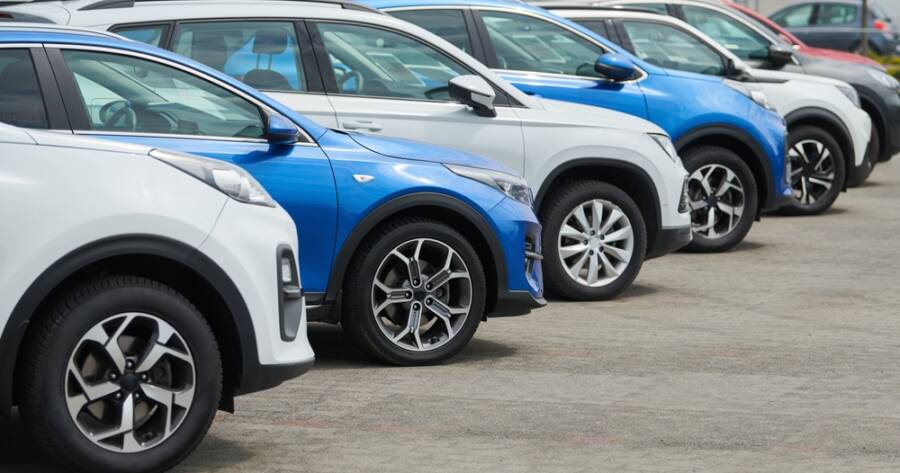Buying a car at auction can be an exciting way to score a great deal, but without the right knowledge, you could end up overpaying. Understanding the process and setting a clear strategy before bidding is essential to securing a vehicle that fits both your needs and budget. With a little research and preparation, you can navigate the auction world confidently and make a smart purchase without the risk of overpaying.
Research the Vehicle’s Market Value Before Bidding
Before stepping into any auction, thorough research is essential. Know the fair market value of the car you’re interested in. Use resources like Kelley Blue Book or Edmunds to check the car’s retail and trade-in values. Understanding the vehicle’s worth allows you to set a reasonable budget and avoid overpaying. Pay attention to factors like mileage, condition, and model year to ensure the car’s price aligns with its market value.
Additionally, research the specific auction. Every auction, whether online or in-person, will have different market dynamics. Some may have higher demand for certain cars, influencing pricing. Knowing how to assess car prices based on these factors will help you make informed decisions during bidding.
Set a Strict Budget and Stick to It
A clear budget is one of the most crucial aspects of buying at an auction. Before the auction starts, set a maximum price that you are willing to pay for the car, factoring in additional costs such as taxes, registration, and potential repairs. Auction environments can be fast-paced, and it’s easy to get swept up in the excitement of bidding. This is where discipline comes into play—if you exceed your budget, the deal may not be a good one, even if it feels like a win in the moment.
Be aware of hidden costs as well. These can include fees charged by the auction house, transportation costs, or any work needed to bring the vehicle into optimal condition. Keeping a firm budget will help prevent impulse bidding and allow you to focus on securing a true deal.
Inspect the Vehicle Thoroughly Before the Auction
Always inspect the vehicle before the auction begins. This is an important step that allows you to evaluate the car’s actual condition. Look for any signs of wear, accident history, or hidden damage. Ask for the car’s maintenance records, and if possible, take it for a test drive. An in-depth inspection can reveal whether the car is worth the starting price or if you should look elsewhere.
If you’re participating in an online auction, take advantage of any photos, video tours, or detailed reports available. Research the car’s VIN number to check for any reported accidents or mechanical issues. The more informed you are, the better positioned you’ll be to avoid overpaying for a car that may need costly repairs.
Use Smart Bidding Strategies to Avoid Emotional Overbidding
In an auction setting, emotions can drive bidding, leading you to overspend. One effective strategy is to wait and bid later in the auction. By holding off, you can observe the bidding patterns of others and determine when a fair price has been reached. Avoid the temptation to bid in the heat of the moment, and remember that it’s often better to wait for the right opportunity to place your bid.
Additionally, use incremental bidding rather than jumping in with large bids early on. This approach keeps the price more manageable and prevents you from escalating the bid too quickly. Stay patient, and stick to your pre-determined maximum price. Setting a cap on how much you’re willing to bid is essential in avoiding emotional overbidding.
Sealing the Deal: How to Successfully Bid Without Overpaying
Successfully purchasing a car at auction requires preparation, strategy, and self-discipline. By researching vehicle values, setting a firm budget, inspecting the car thoroughly, and employing smart bidding strategies, you increase your chances of finding a great deal without overspending. Keep in mind that auctions are fast-paced environments where emotions can run high, but with careful planning and patience, you can confidently secure a car at a price that aligns with its true value. Happy bidding!

